Turn impostor syndrome into confidence: 15 tips for managers and individuals
Summary
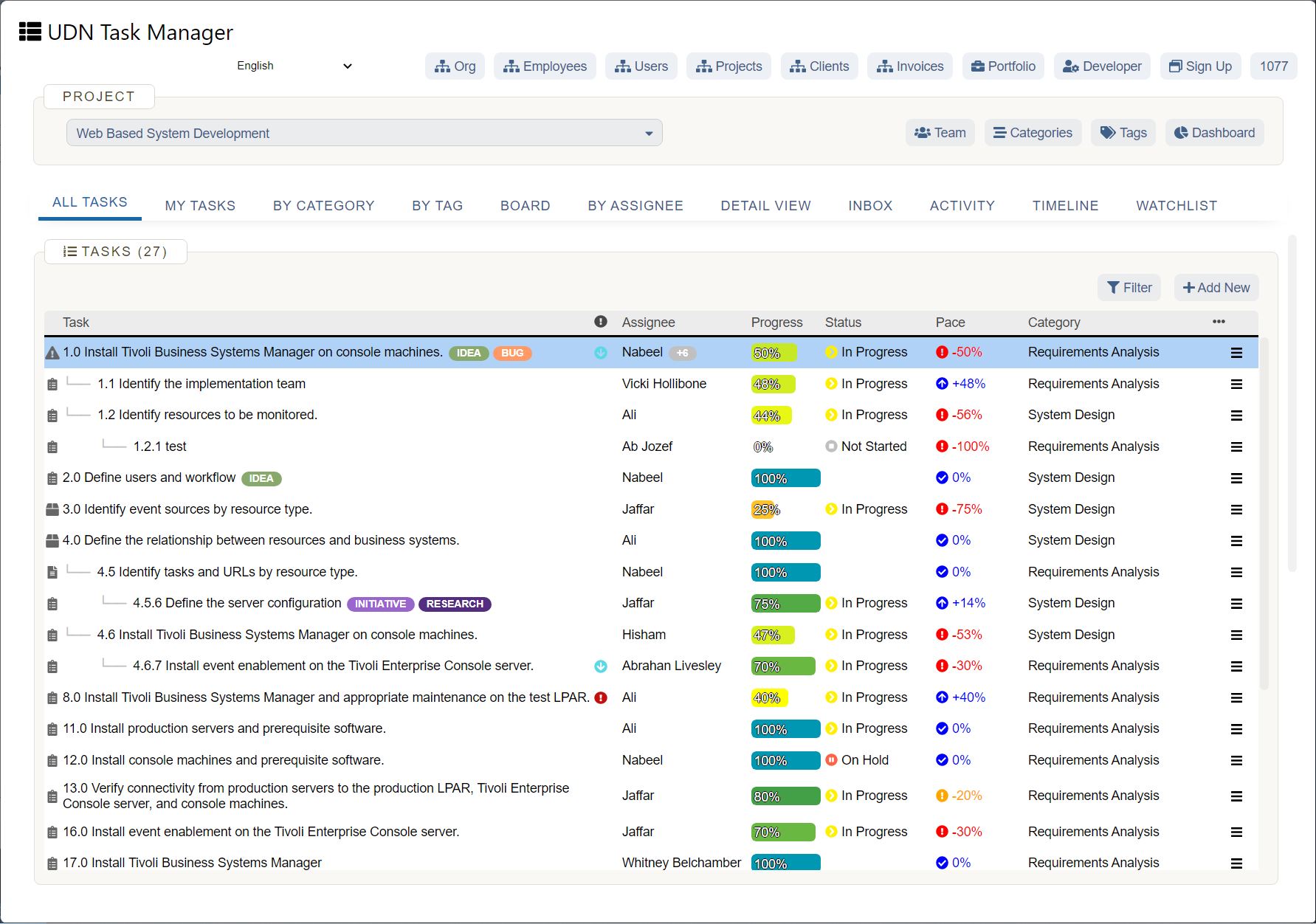
Whether you’re personally dealing with impostor syndrome or trying to prevent impostor syndrome on your team, we’re here to help. In this article, we’ll walk you through what impostor syndrome is and how to overcome it from both the individual and the manager perspective. Plus, hear from UDN Task Manager employees who have also dealt with impostor syndrome, and how they’ve overcome those feelings.
No one wants to feel like an impostor at work. But the truth is, impostor syndrome is a real thing. If you’ve ever felt like you don’t belong or you don’t deserve your job, know that you aren’t alone.
What is impostor syndrome?
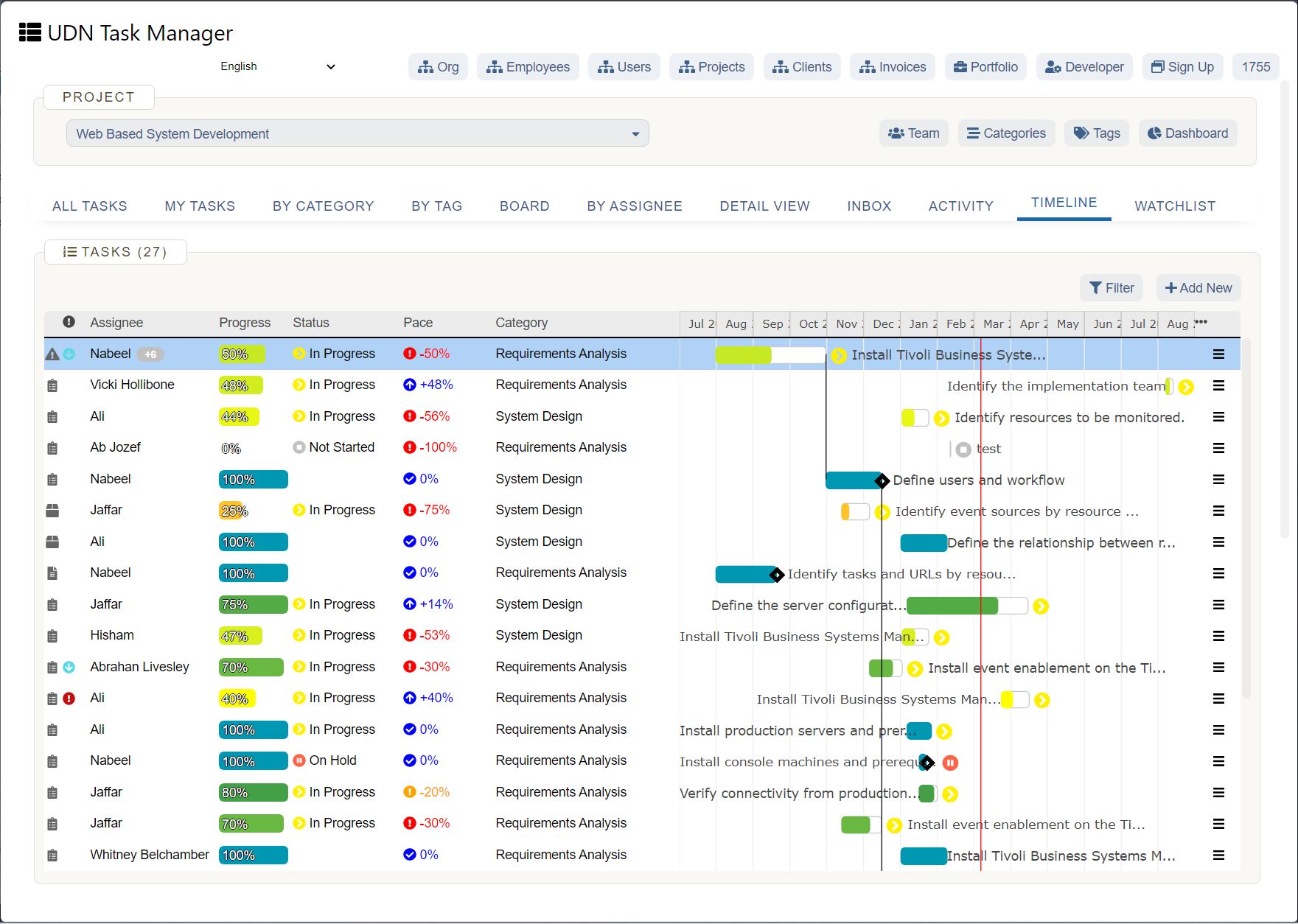
Impostor syndrome is a sense of self-doubt related to work accomplishments. You might feel like an impostor because you don’t think you deserve your job. Oftentimes, impostor syndrome makes you feel like you’re duping your coworkers into thinking you’re good at your job.
Other symptoms include:
Feeling like you’ve only gotten to where you are today because of luck, rather than skills or abilities you possess.
Basing your self-worth on your perception of your own abilities.
Feeling like you need to be a perfectionist in order to deliver satisfactory work.
Sacrificing your own well-being in order to get more work done.
Feeling alone, or the need to isolate, so no one figures out your “secret.”
Declining mental health as a result of overwork and burnout .
Feeling like, at any point, someone is going to “figure out” that you aren’t as competent as you seem—especially when there isn’t proof that is the case.
If any of these feelings ring true, you’re not alone. In fact, according to our research , nearly two thirds (62%) of knowledge workers worldwide reported experiencing impostor syndrome.
All types of people experience impostor syndrome. Impostor syndrome also isn’t unique to new hires, either. Employees in more senior positions are actually more likely than average to experience impostor syndrome.
Characteristics of impostor syndrome
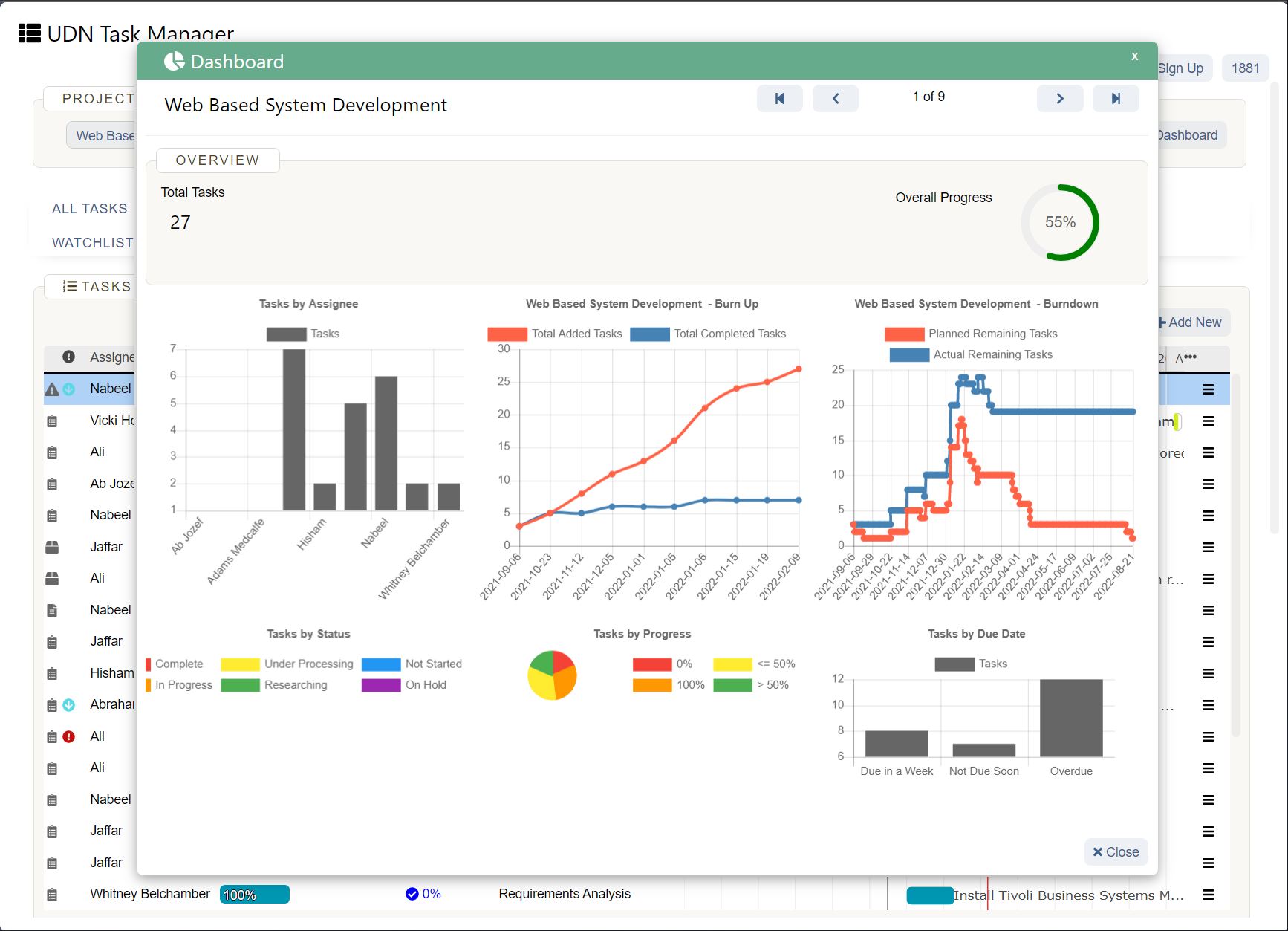
Everyone experiences impostor syndrome slightly differently, but common characteristics include:
Self-doubt
Inability to realistically gauge your skills and competence
Crediting external factors—like luck—for your success
Fear that you aren’t good enough
Unconsciously sabotaging your own success
Disconnection from team members
Perfectionism
Overwork and burnout
Setting impossibly high standards for yourself
Low self-esteem
Intense fear of failure
Decreased self-confidence
The history of impostor syndrome
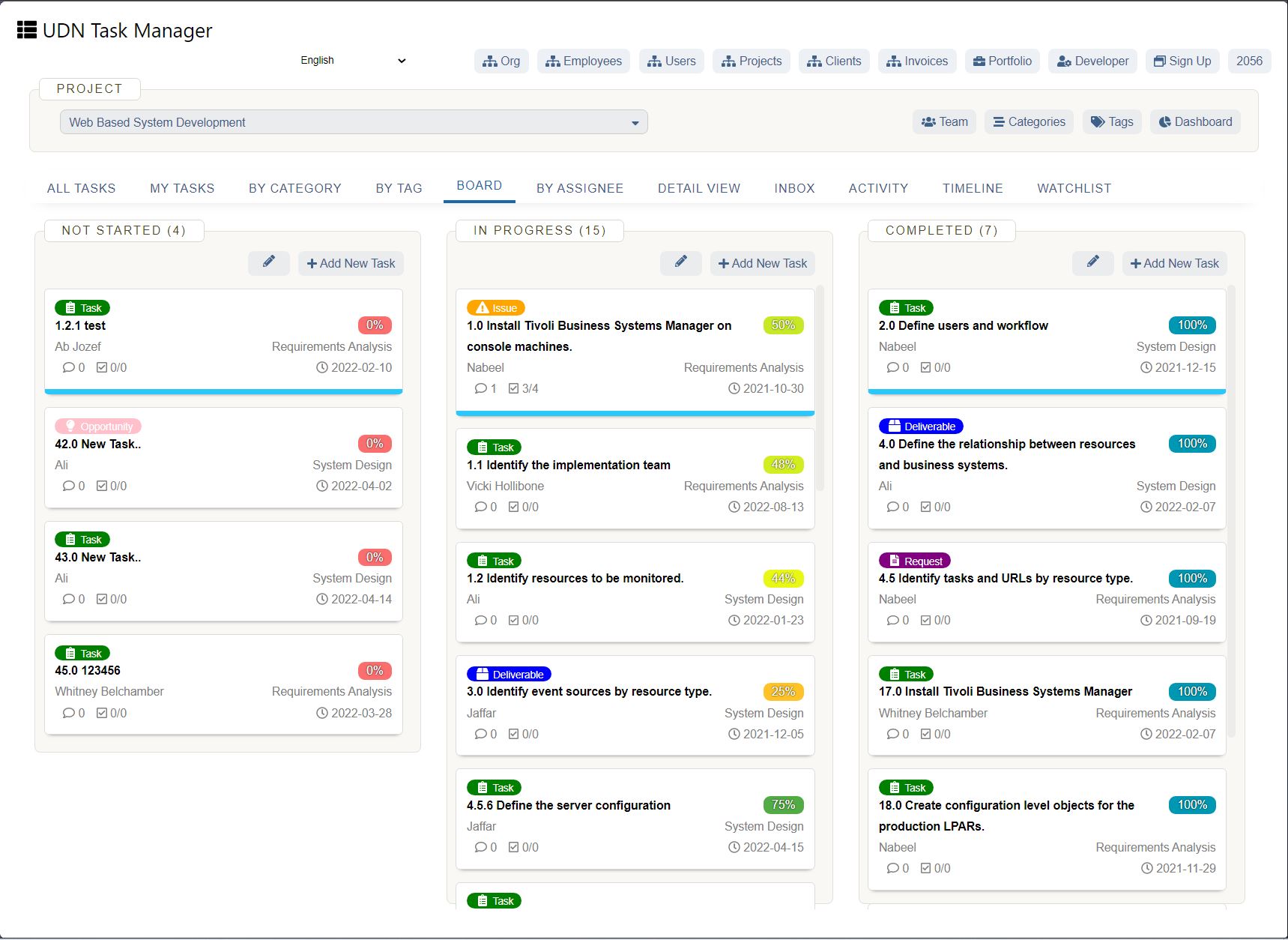
Impostor syndrome, or the impostor phenomenon as it was originally called, was first introduced by Dr. Pauline R. Clance and Dr. Suzanne A. Imes in their book, The book, published in 1978, interviewed 150 high-achieving women who had been formally recognized for professional excellence. Yet many of these women believed their success was due to luck, or that their achievements were overstated.
These impostor feelings don’t just affect women from the 1970s—they’re present even today in all types of high achievers and professionals.
In 1985, Dr. Pauline Rose Clance took her impostor syndrome research a step further and published the first scale to measure impostor syndrome, called the Clance impostor phenomenon scale (CIP) . The scale measured impostor syndrome across six dimensions:
The impostor cycle
The need to be special or the best
Characteristics of superman or superwoman
Fear of failure
Denial of ability or discounting praise
Feeling fear and guilt about success
What is the impostor cycle?

The impostor cycle describes the circular nature of impostor feelings. It begins when a task is assigned. At this point, the individual with impostor syndrome experiences anxiety and self-doubt. These feelings lead to either procrastination or perfectionism.
Impostor syndrome during the pandemic
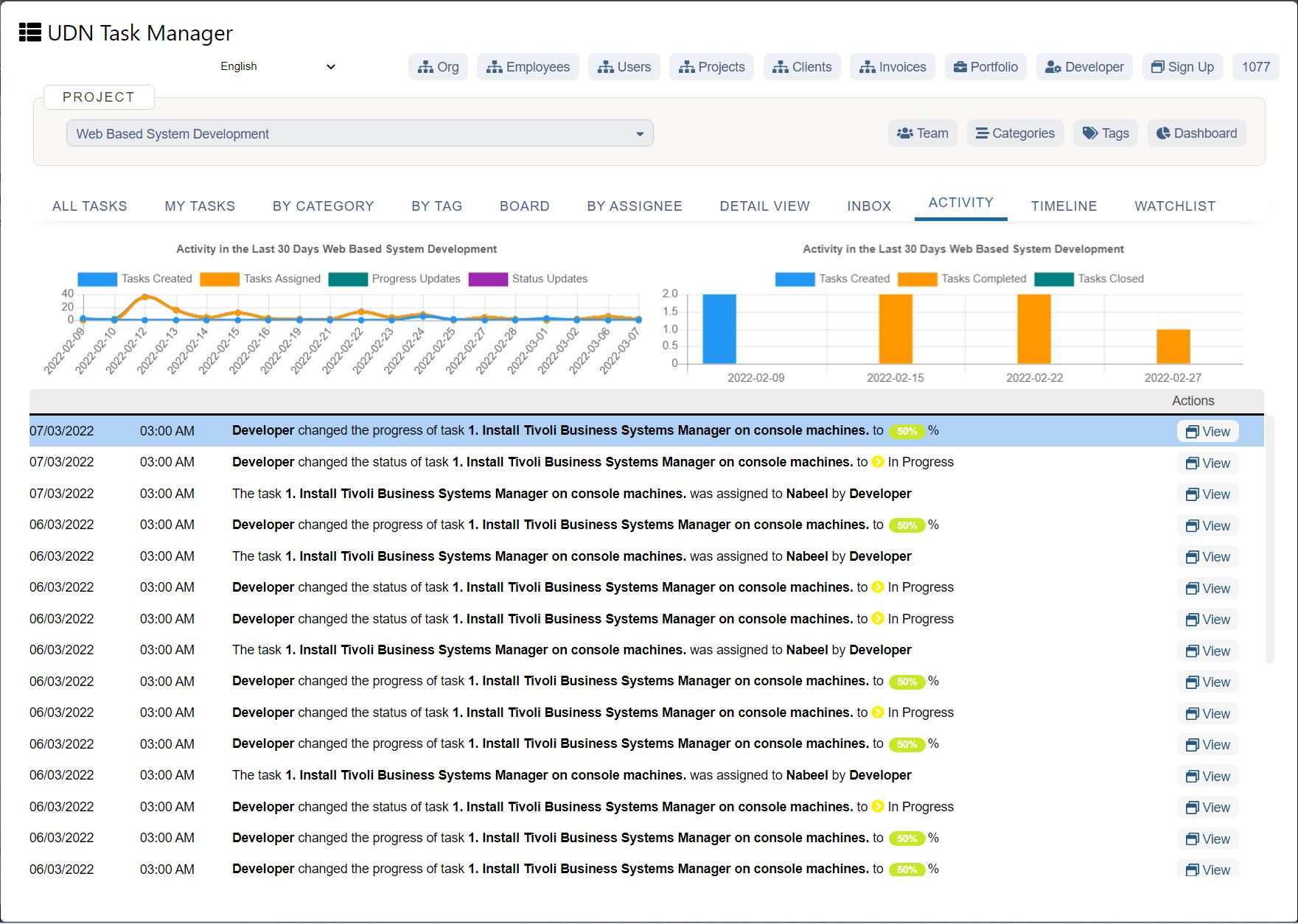
The unprecedented and unique pandemic situation in 2020 also caused a rise in impostor syndrome. In fact, 47% of knowledge workers worldwide reported feelings of impostor syndrome increasing in 2020 . Feeling isolated from your team while you’re working from home or distributed is natural.
You’re not alone
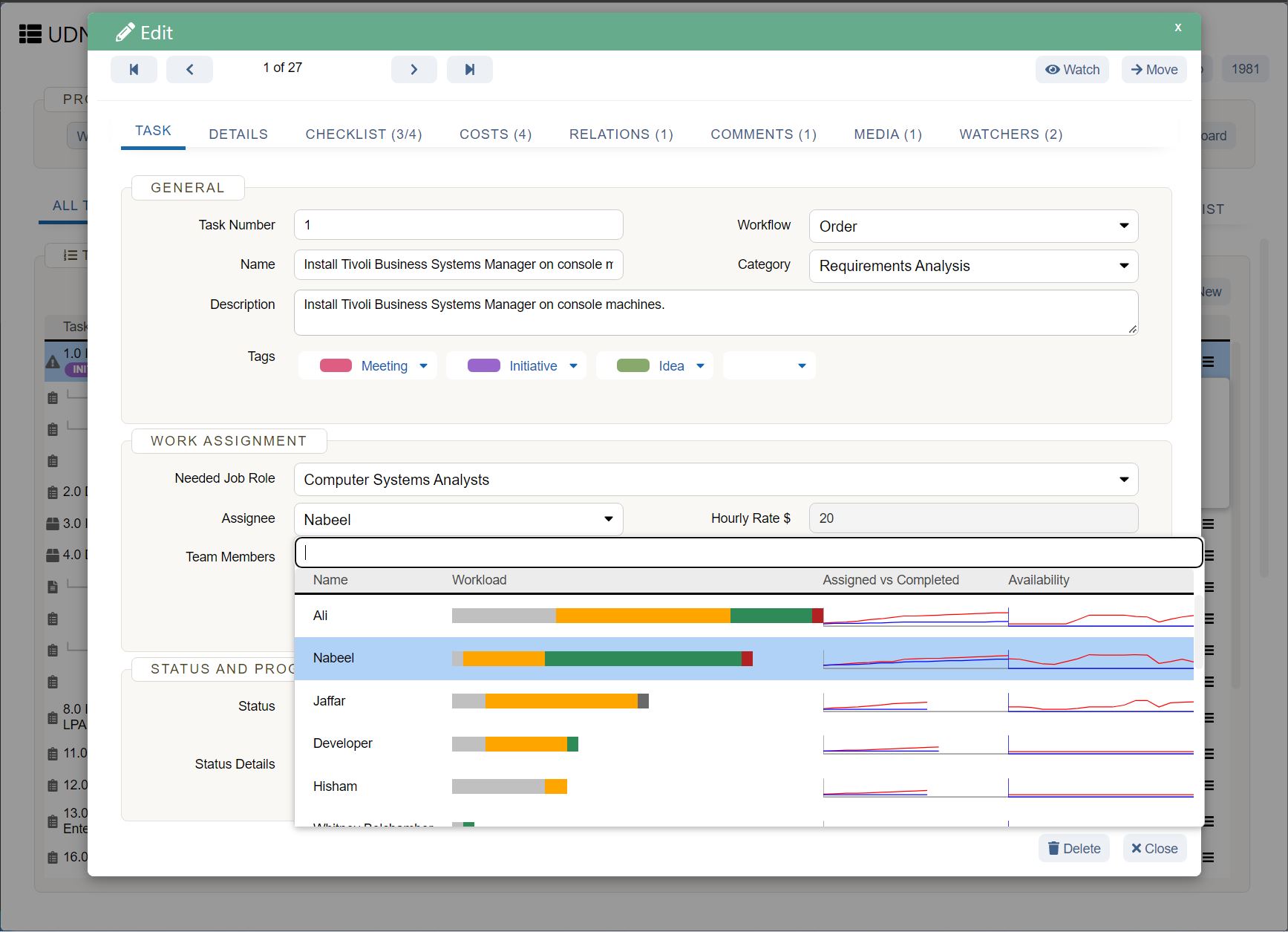
It’s really hard to cope with impostor syndrome. When you feel like an impostor, it’s difficult to tell other people about these feelings. As a manager, you want to support your team, but it’s tricky to spot and address impostor syndrome.
Regardless of your situation or your exact feelings, you aren’t alone. If you’re a fan of statistics, remember that 62% of global employees feel impostor syndrome. But if you’re not, it’s often more helpful to hear from others who have experienced the same. We asked UDN Task Manager s to share their experiences with impostor syndrome. Here’s what they had to say:
“Impostor syndrome is much more common than most people realize—and it happens at all levels. If anything, it gets worse as you become more senior and take on more responsibility. That's why building strategies to acknowledge and address it are so important.” – Andrew
“I know that there is a voice telling you otherwise, but hear me out—where you’re going is more important than where you came from.” –Rishika
“Everyone you esteem in your area of expertise once knew absolutely nothing about the subject. You’d be surprised to learn that people are generally more compassionate and open to helping you and answering questions than you might expect.” –John
“Impostor syndrome feels stronger when you aren't able to reach over and tap a co-worker on the shoulder for some immediate collaboration, but remember: you work in the position you do because the team believes in you.” – UDN Task Manager team member
“Your unique set of personal and professional experiences are what make your perspective different and valuable! When you share this perspective—even if you’re nervous—it helps us all get to a better answer together.” –Erica
“Give yourself permission to have a growth mindset. Try using ‘I don't know—yet.’ This way, you’re constantly reminding yourself that just because you don't know something doesn’t mean it’s the end of the world. You still have a chance to go figure it out.” –Leah
“Try not to compare yourself to others. Everyone has a different journey and you might not be seeing the start of theirs. Instead of feeling inadequate, try learning from people who are more experienced than you.” –Robert
“Career growth is difficult and scary—sometimes, the act of stretching yourself and taking on new challenges brings on a whirlwind of self-doubt. You are not alone! Talk to a trusted peer or manager to see if they can help give you the support, guidance, or validation you need to gain some confidence. Remind yourself that sometimes you are your harshest critic.” – UDN Task Manager team member
“It took me many years to realize that every person feels insecurity and self-doubt, even the most senior and experienced leaders. It's okay to feel like you don't know what you're doing—most of us feel the same way! Be open and honest with your manager about your feelings so they can help put you in situations where you can prove to yourself that you do belong here!” –Jessica
“I heard a great quote recently that really resonated with me: ‘We compare our innermost criticized version of ourselves with everyone else's outwardly portrayed version of themselves.’” –Dave
“It’s ok if you don’t know who your ‘best’ or ‘true’ self is. Life is about discovery. It’s so important to give yourself grace so you can learn and adapt, instead of feeling like a copycat.” –Rose
9 tips to cope with impostor syndrome

If you’re personally struggling with impostor syndrome, there are a lot of actions you can take to reduce those feelings. The most important thing to do is remember you’re not alone—and these feelings aren’t abnormal. When you want to succeed, it’s common to feel like you aren’t doing a good enough job. Over time, those feelings can turn into impostor syndrome.
But with time and hard work, you can overcome impostor syndrome. Here’s how:
1. Focus on the facts
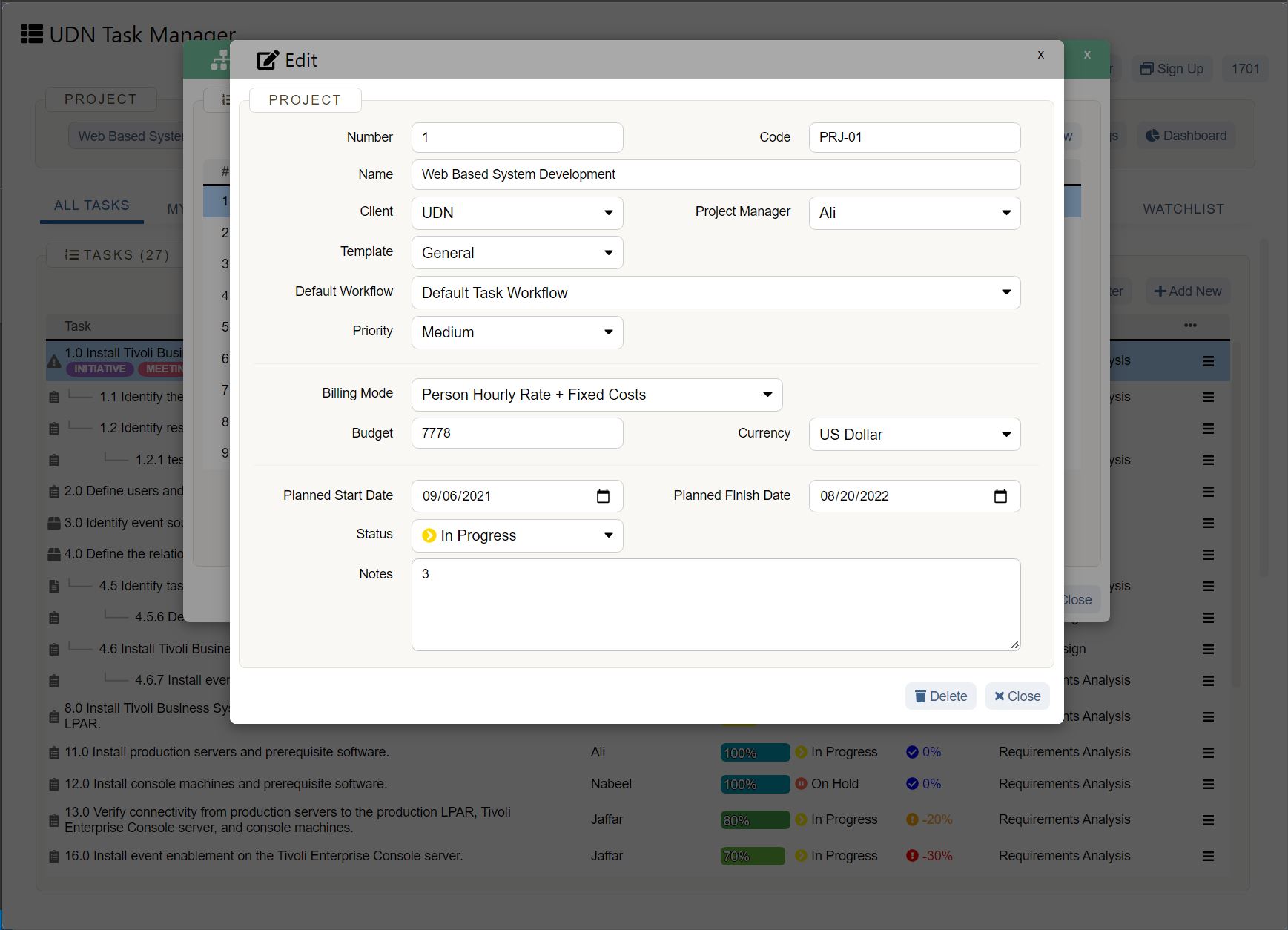
Impostor syndrome makes you feel like you aren’t good at your job. But oftentimes, these feelings are based on fear—not reality. The best way to fight impostor syndrome is to separate your feelings from the facts.
The Conscious Leadership Group calls this “facts vs. stories.” Facts are observable truths—things a video camera picks up on. Stories are how you interpret those facts.
You can’t keep your brain from creating stories, but you can center yourself around the facts. The next time you’re in a situation that makes you feel like an impostor, refer back to the facts vs. stories of the situation. For example, if you felt bad after speaking up in a team meeting, focus on what your team members actually said.
2. Acknowledge, validate, then let go
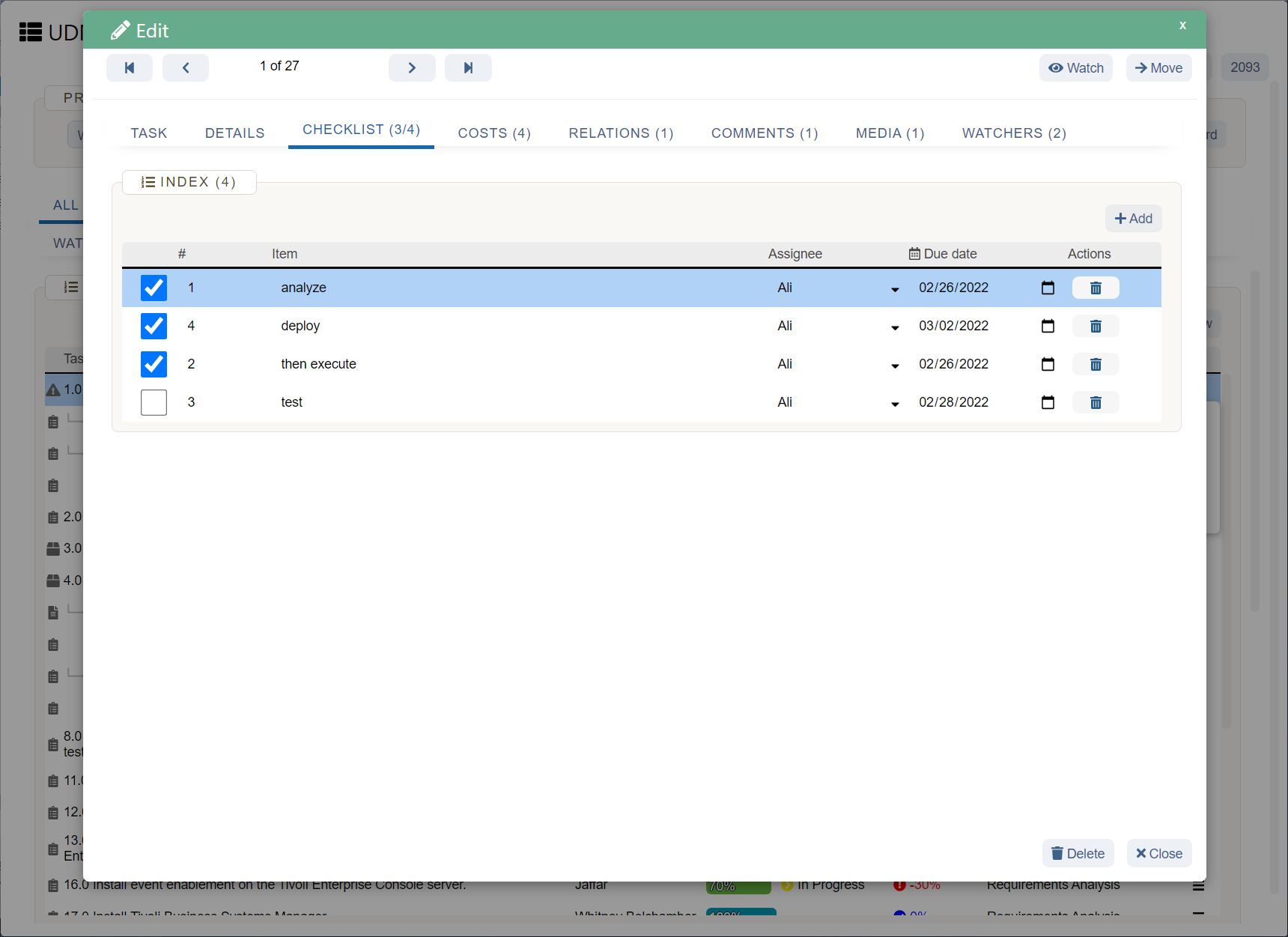
Just because your interpretations of an event are stories (rather than fact) doesn’t mean your feelings are any less valid. Combatting impostor syndrome isn’t about ignoring your emotions. Rather, the best way to fight this feeling is to acknowledge that you’re feeling poorly, validate that it’s okay, and then let those feelings go if they aren’t based in reality.
3. Share how you’re feeling
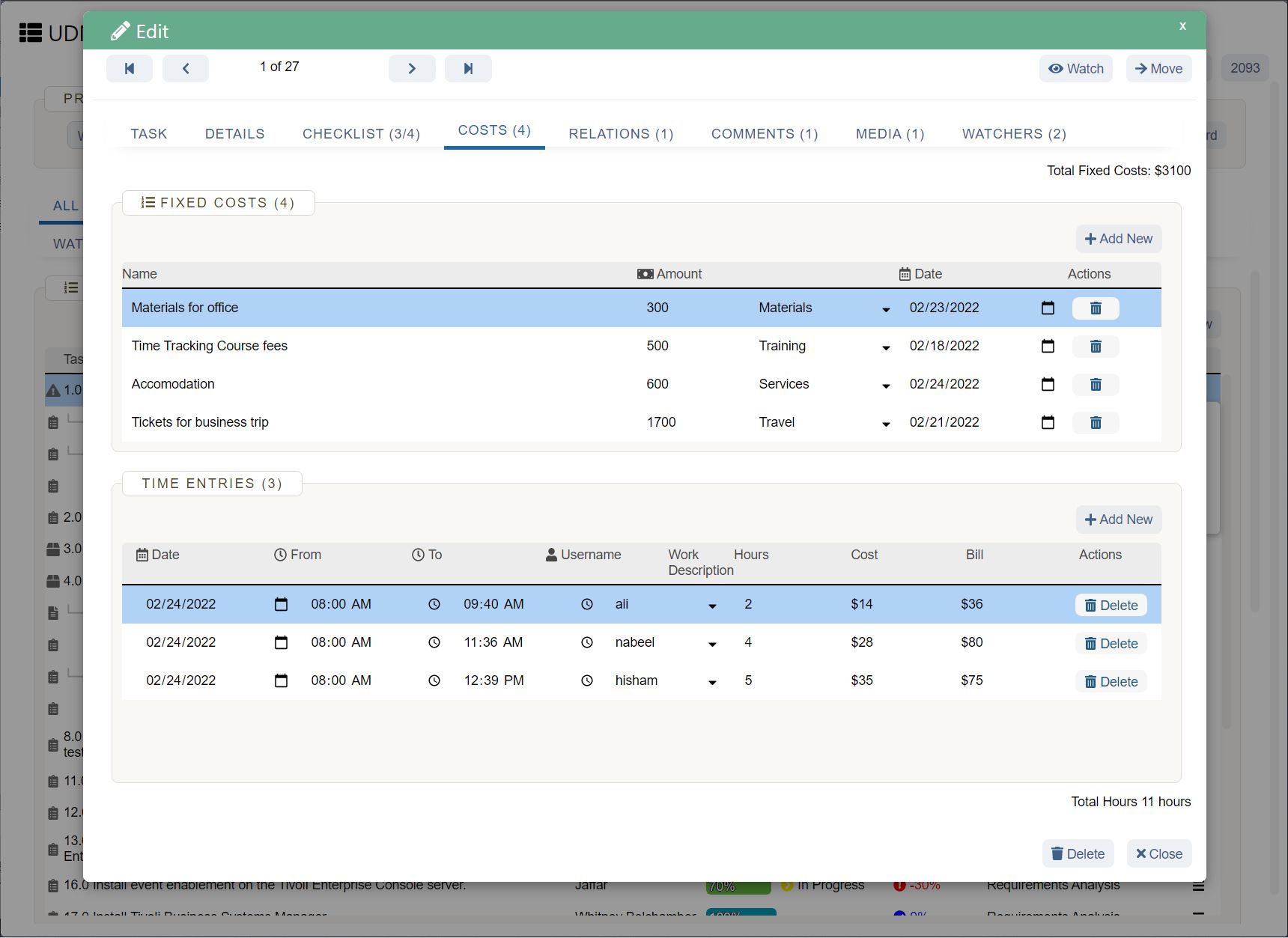
Impostor syndrome is a very isolating feeling. But as we shared above, these feelings are really common in the workplace. Nearly two thirds (62%) of knowledge workers worldwide have experienced impostor syndrome. So the next time you’re feeling this way, try to share those feelings with someone else.
There are two advantages to sharing how you’re feeling:
Instead of internalizing the emotions, recognize them and move on. When you keep your feelings of impostor syndrome a secret, they grow bigger and harder to deal with. Sharing these feelings with someone else is a great way to recognize them on the path towards overcoming impostor syndrome.
You might find someone who has also experienced impostor syndrome. Unfortunately, impostor syndrome is a common workplace phenomenon. You might find that the person you confide in has also felt impostor syndrome in the past. This helps you feel like you aren’t so alone in the way you’re feeling.
4. Look for evidence
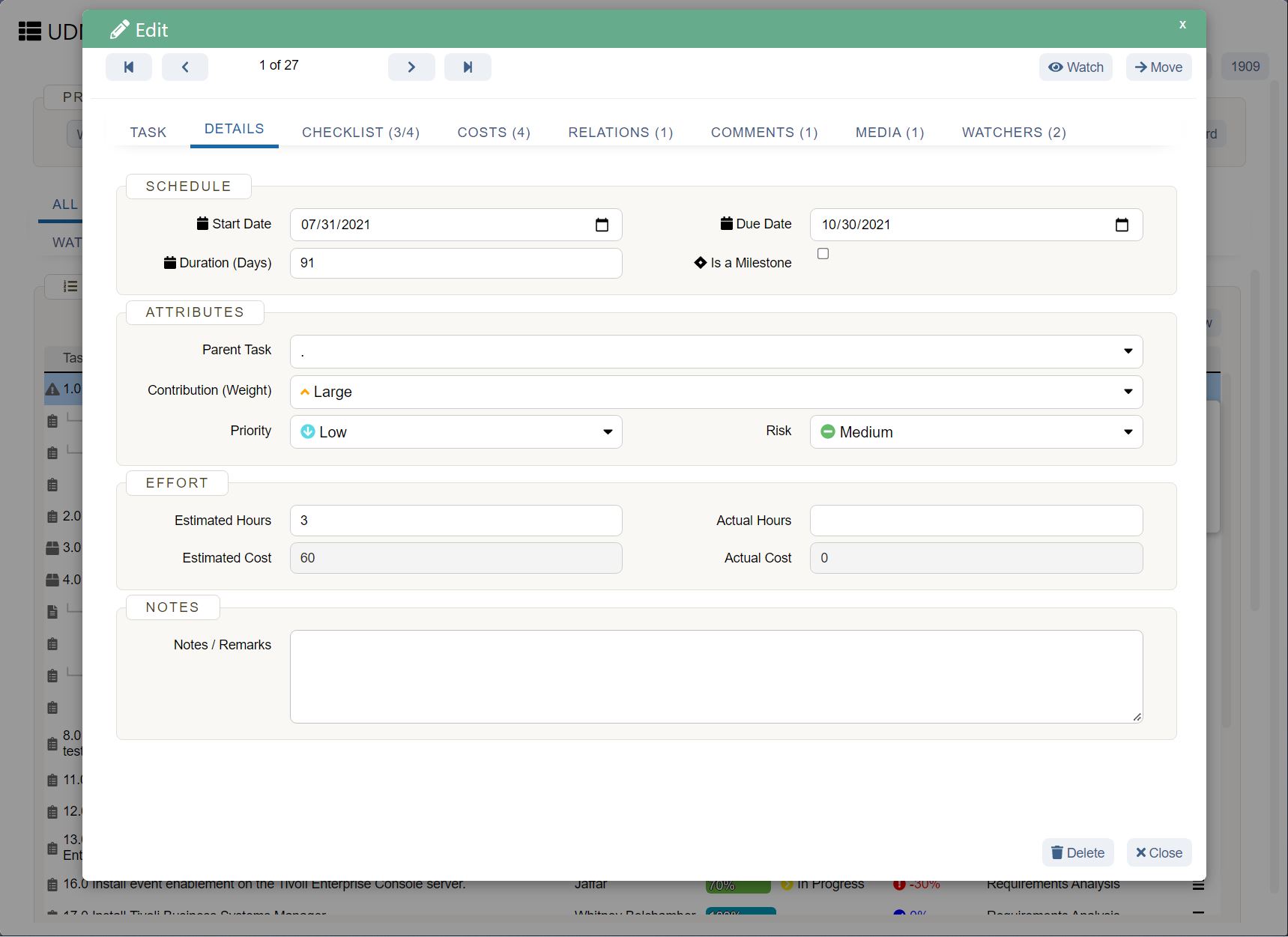
If acknowledging or sharing your feelings isn’t helping, try fighting your feelings with the evidence. Oftentimes, impostor syndrome isn’t based on facts—so focus on the facts to fight these feelings.
If you often feel like you aren’t getting your work done on time, go back over your most recent projects. Review the work you’ve done, to see if these feelings are based in fact. If they are, you’ve identified something concrete you can work on and improve upon. If they aren’t, use these facts every time that voice in your brain pipes up to tell you you aren’t good enough.
If you don’t have an easy way to review your work, try using a work management tool , like UDN Task Manager . These tools help you organize your work, look back on past projects, and get set up for success on any future initiatives.
5. Reframe your thoughts
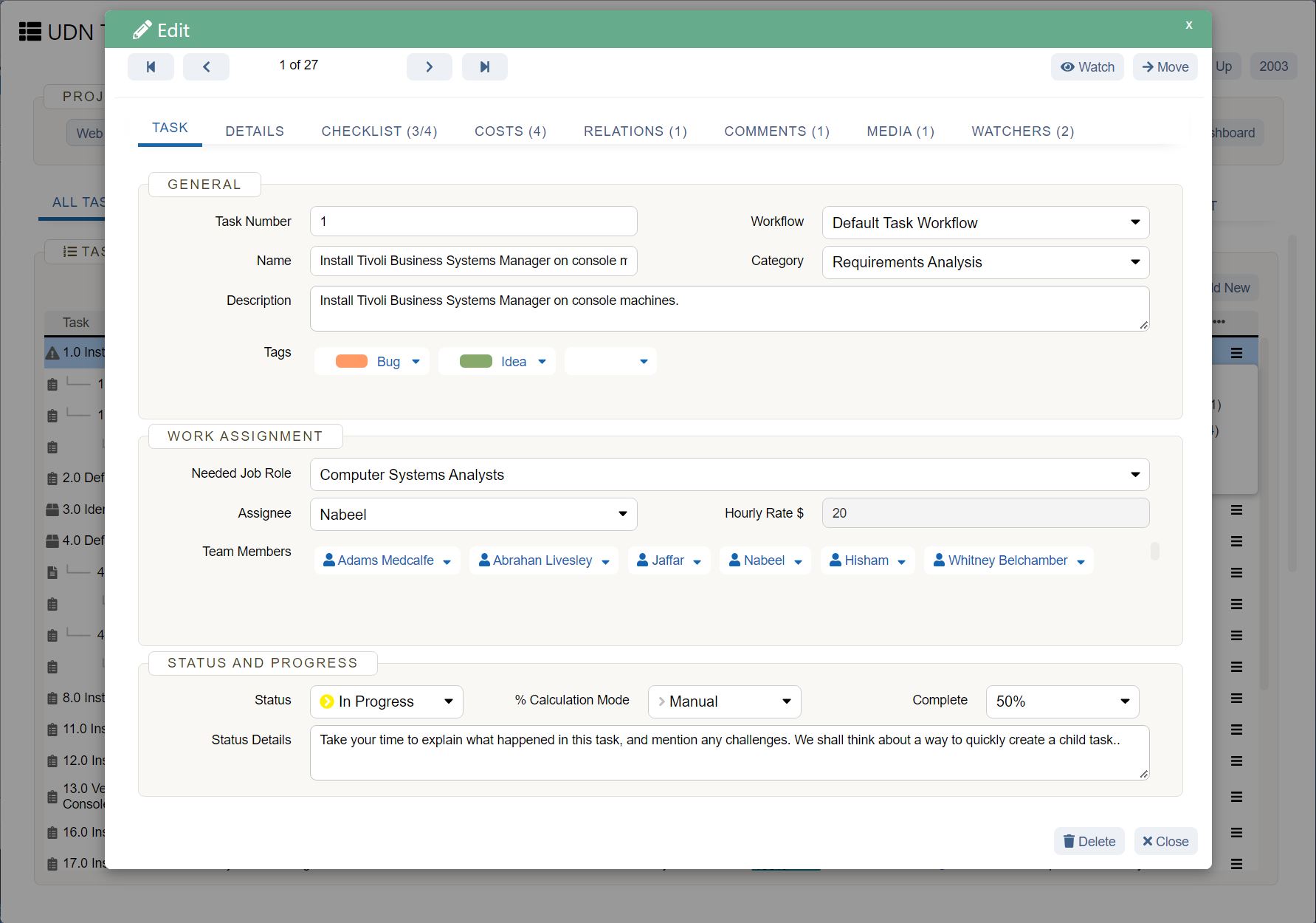
There’s a lot of power in our thoughts. The way we approach the world has the power to shape our reality—in both positive and negative ways.
If you often suffer from negative self-talk, start monitoring your mental voice and modifying it where possible. This technique won’t have immediate results, but over time, it helps you approach situations in a more positive light.
For example, the next time you make a mistake, try thinking, “That wasn’t my best work, but I’ll do better next time” instead of, “That was awful.” By reframing your mental language, you’re rewiring your brain to be more supportive.
6. Look for a mentor
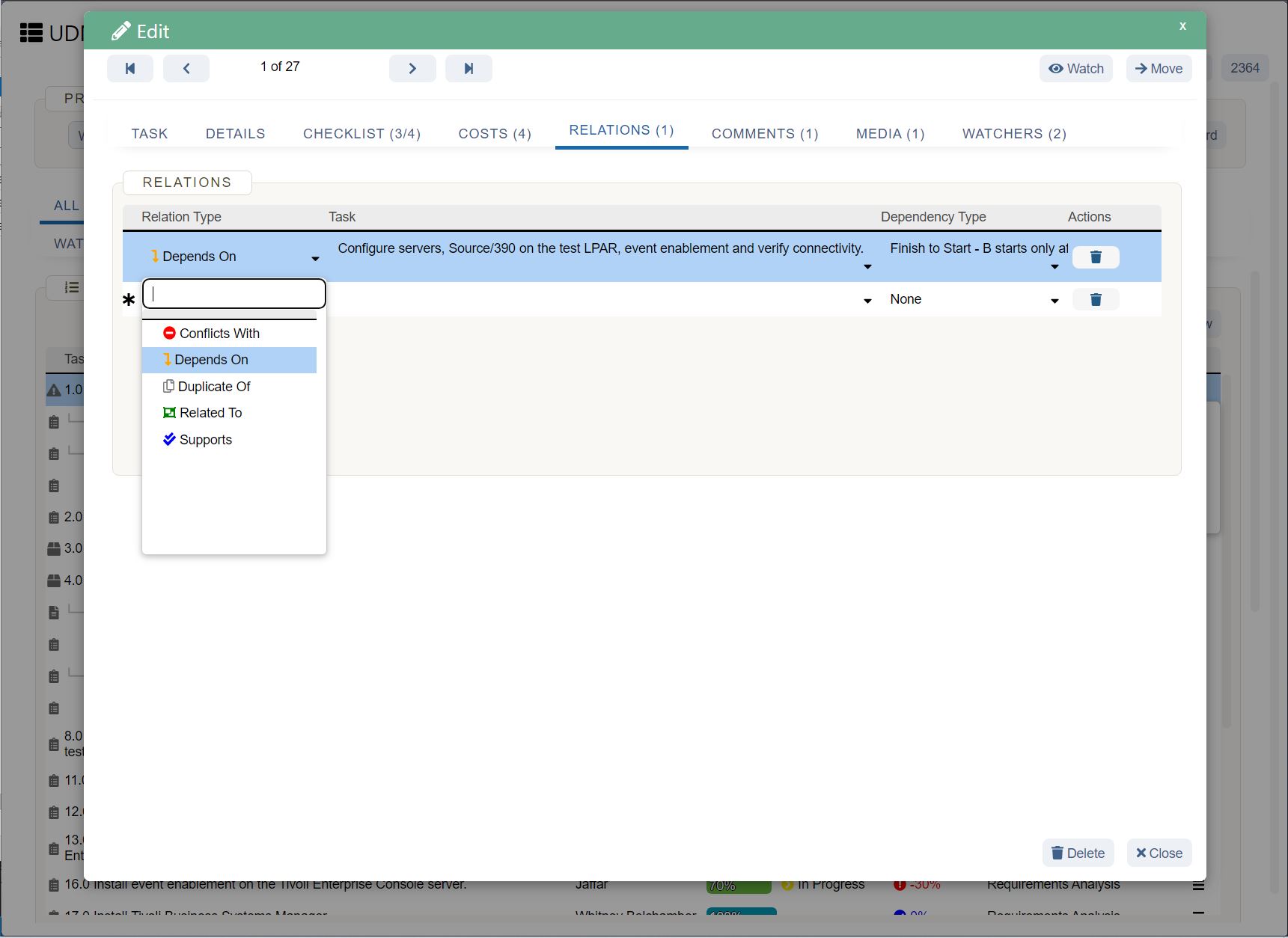
To fight impostor syndrome, try actively improving your hard skills and soft skills . That way, whenever that little voice in your head whispers that you’re not good enough at something, you can whisper back that you’re in the process of getting better.
A great way to do that is to find a mentor. Look for someone in your company or your field who can give you practical advice and support. This might be a senior leader, or a leader at another company that you look up to.
7. Learn from your team members
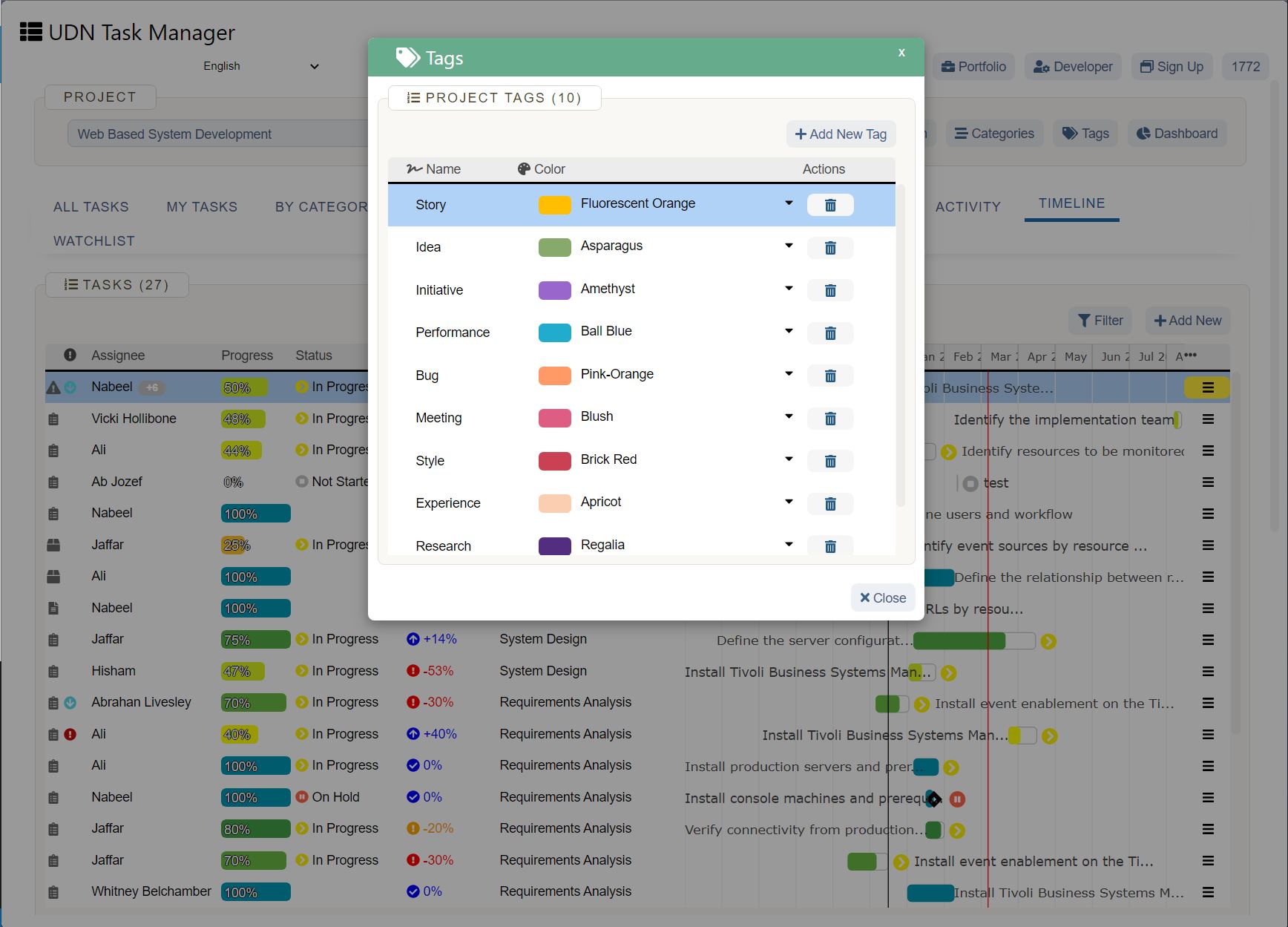
A common symptom of impostor syndrome is comparing yourself to your peers and thinking you’re worse at your job than they are. And while comparing yourself is tempting, there’s a lot you can do to reframe these feelings.
The next time you feel tempted to compare yourself to your peers, try to take a step back and instead see what you can learn from them. The fact of the matter is, there are people on your team who are better at some things than you are. That doesn’t make you less worthy—but it does create an opportunity for you to learn from them. Similarly, you have certain talents and skills that you can share with your peers to help them succeed in their roles.
8. Anticipate impostor syndrome to reduce its effects
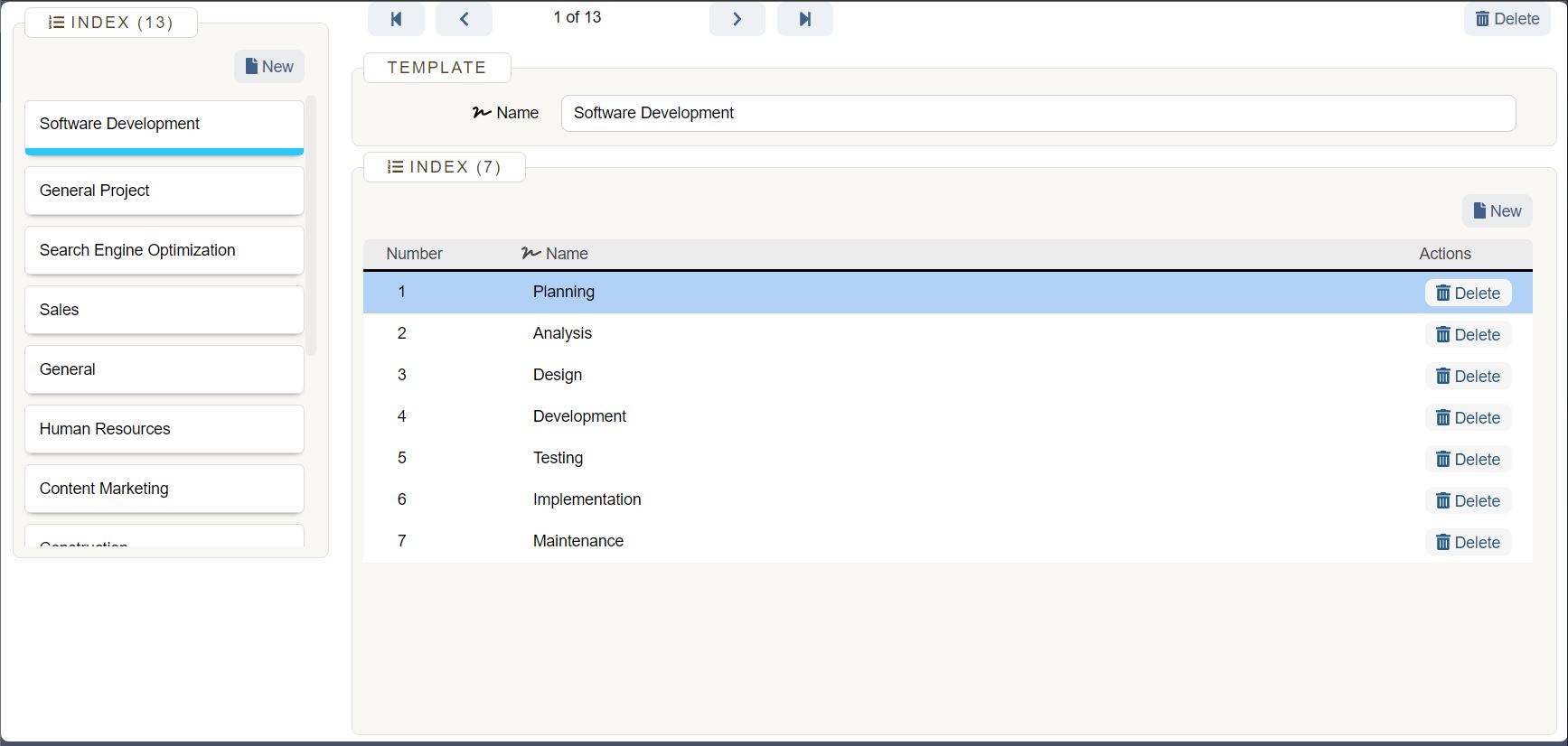
Over time, you might notice that you always experience impostor syndrome when a specific thing happens. If that’s the case, prepare in advance of that situation so you can combat the effects.
For example, let’s say you frequently get impostor syndrome while filling out your self review during your team’s performance cycle. If that level of reflection makes you uncomfortable, try keeping a list of things you accomplish over the course of the quarter or year in your collaboration software . That way, when the performance review cycle rolls around, you already have your self review written, without even worrying about it.
9. Toot your own horn
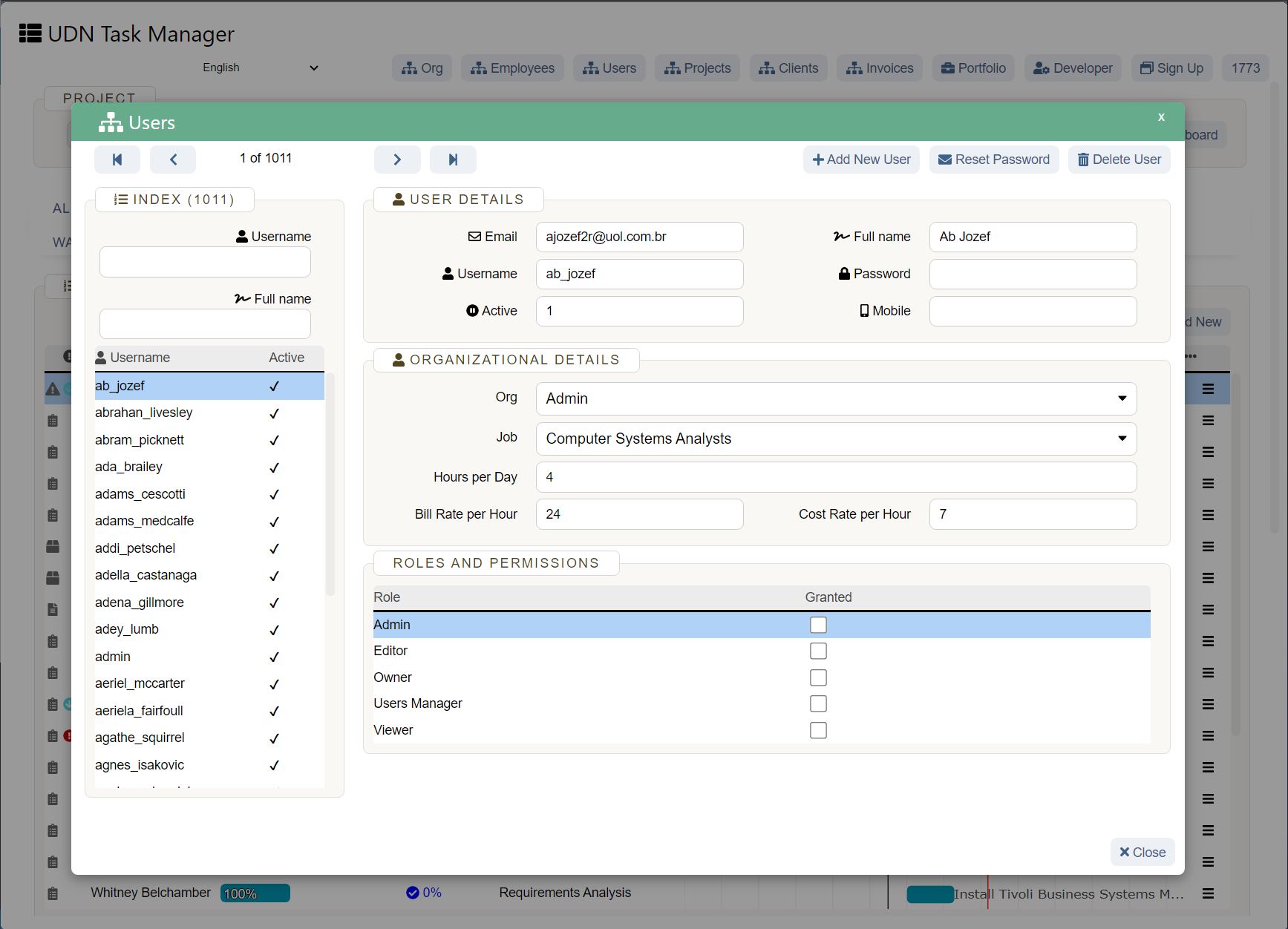
Sometimes, the best way to fight impostor syndrome is to face it head on. The next time you feel like you did something well, celebrate it! If you’re comfortable, share your accomplishment with your team. But if that feels like too much of a step right now, share it with someone outside of work, like a friend or a family member.
You aren’t limited to doing this when you do a good job, either. Try creating a list of the qualities and skills you possess. These can be specific to your role—like being a great salesperson—or more general to who you are—like always being there for your team members. Keep this list, along with a collection of additional feedback you’ve gotten from your manager and peers over time, and review it when you need a boost.
6 steps for managers to prevent impostor syndrome
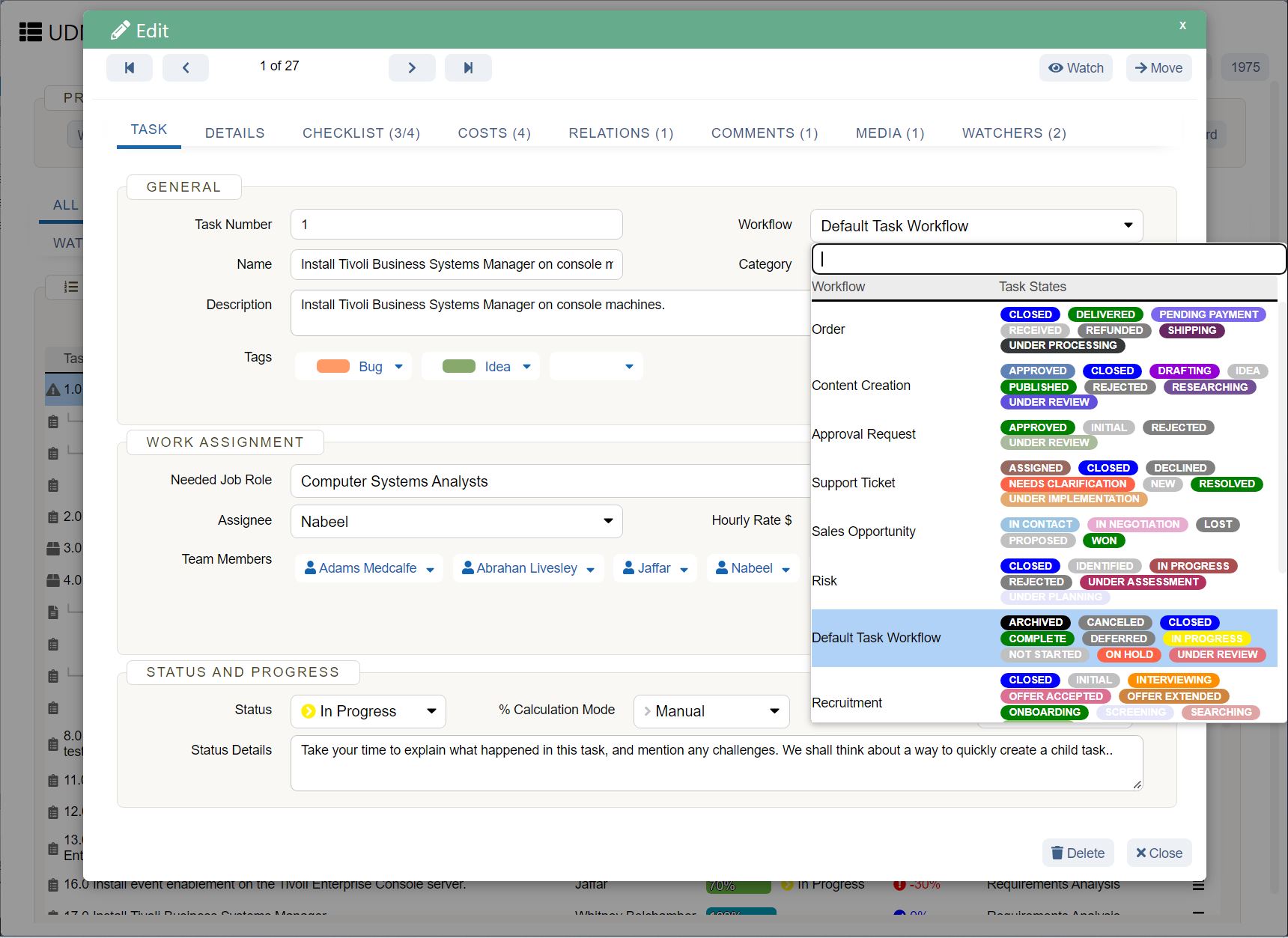
If you manage a team, you want to support your team and reduce any chance of impostor syndrome. A big part of that happens during onboarding to ensure your new hires can thrive from day one. But there are also techniques you can implement at any point to support your team. Let’s take a look.
1. Establish clear expectations early on
You can—and should—start combatting impostor syndrome from day one. Clearly explaining the job expectations, metrics for success, and progress checkpoints is the best way to give your direct reports a clear sense of how they’re doing.
Start by setting expectations on your team member’s first day of work by implementing a 30-60-90 day plan . These should be shorter-term goals that they can accomplish as they’re onboarding and learning more about your company. Then, once the new hire is more established, work with them to set longer-term key performance indicators, or KPIs . The key here is making sure their goals are always measurable and time-bound. If necessary, use a goal-setting methodology—like the SMART goal acronym —to do so.
2. Provide immediate opportunities for connection
In addition to laying out the path for success from day one, make sure new team members also have ample opportunity to connect with other team members.
One of the best ways to do this is to set your new team member up with a mentor early on. Their mentor should be a peer in an adjacent team, so they have someone to talk to who isn’t their manager.
Similarly, make sure new team members are aware of any employee communities your organization offers. Resources like Employee Resource Groups (ERGs) or even thriving Slack communities of like-minded people help them find people to relate to. You can also connect them to people who share similar commonalities to them, like a parents group if they have children or a dog owners group if they have a dog.
3. Clarify communication norms
It can be intimidating for new hires if they don’t know where to ask questions or who to talk to. This is specially true for team members that are onboarded remotely. Without a clear sense of team and company communication norms, team members can have a hard time overcoming that initial communication hurdle.
This is hard to notice as a manager, since you’re so familiar with your team’s communication norms. So early on, make sure you sit down with your team members and answer any questions they have. For example, make sure to cover:
Which tool to use when
Who to go to if they have questions
Team conventions for things like asking questions during meetings
A communication plan reduces the guesswork and lowers the barrier to entry for easier communication.
4. Check in frequently
Impostor syndrome doesn’t only happen at the beginning of a team member’s tenure with you. By putting the above measures in place, you help prevent impostor syndrome at the start. But make sure you’re continuously checking back with your team member about how they’re doing.
Consider implementing a “rose and thorn” or stoplight check in during your 1:1 meetings. By offering a place for the team member to share how they’re doing—and reciprocating that experience by being honest about how you’re doing as well—you open the door to conversations about emotions.
5. Share feedback early and often
If you’re worried a team member is experiencing impostor syndrome, it can be challenging to offer feedback since you might feel like you’re feeding their fear. But feedback—both positive and constructive —helps team members get a better sense of how they’re doing.
More often than not, impostor syndrome isn’t based on the reality of a team member’s situation. By implementing feedback frequently into your interactions, you help ground the team member in how they’re actually doing.
6. Support their career growth interests
Sometimes, impostor syndrome creeps in because team members don’t think they’re good enough at what they’re doing. The best way to combat this as a manager is to engage with your team members’ career interests and support their career development.
For example, if a team member is interested in managing, offer them a role as a new hire’s mentor or take ownership of a new intern’s project during the summer. Showing your team member that you believe in them and are invested in their career growth reinforces that they’re good at what they’re doing.
Impostor syndrome? Never heard of it
Impostor syndrome can be an overwhelming, isolating feeling. But if you feel this way, you aren’t alone. The next time you feel impostor syndrome—or notice impostorism in a teammate—try the above 15 strategies to overcome these feelings.











